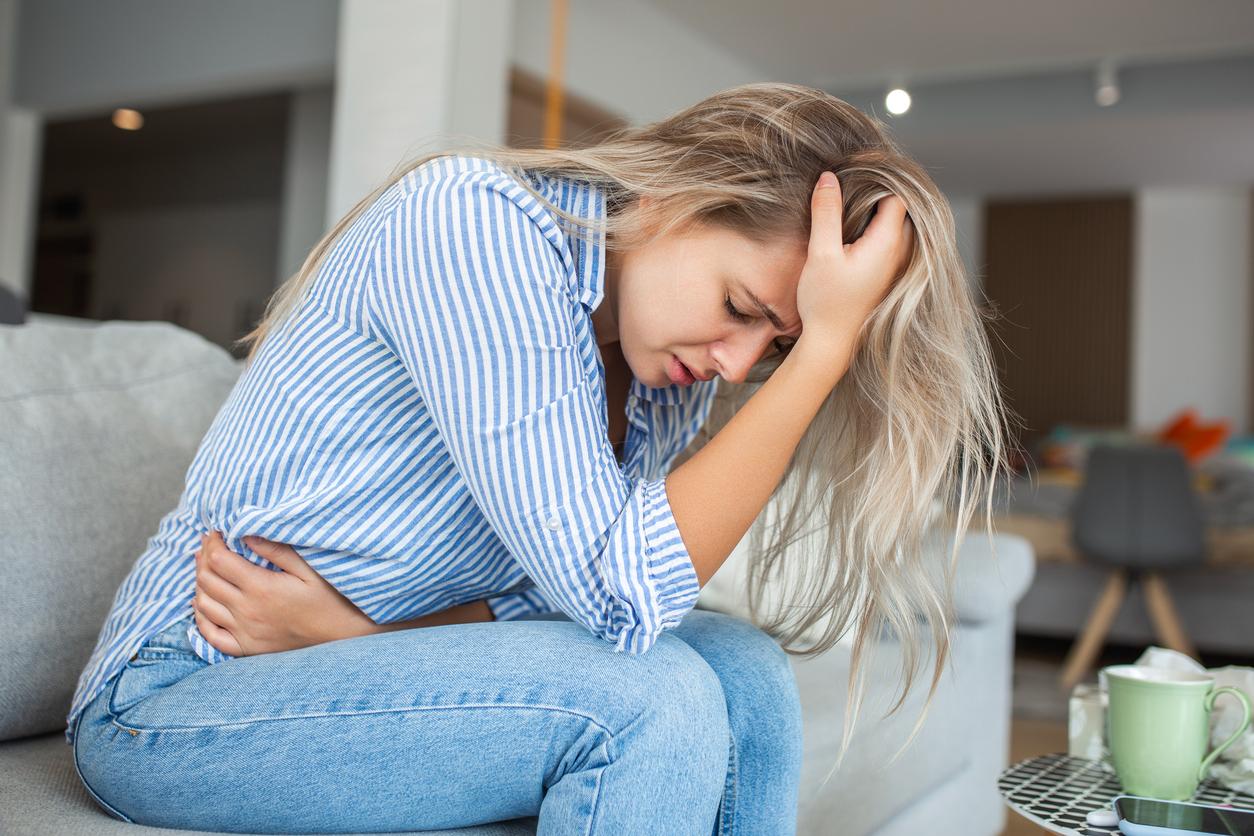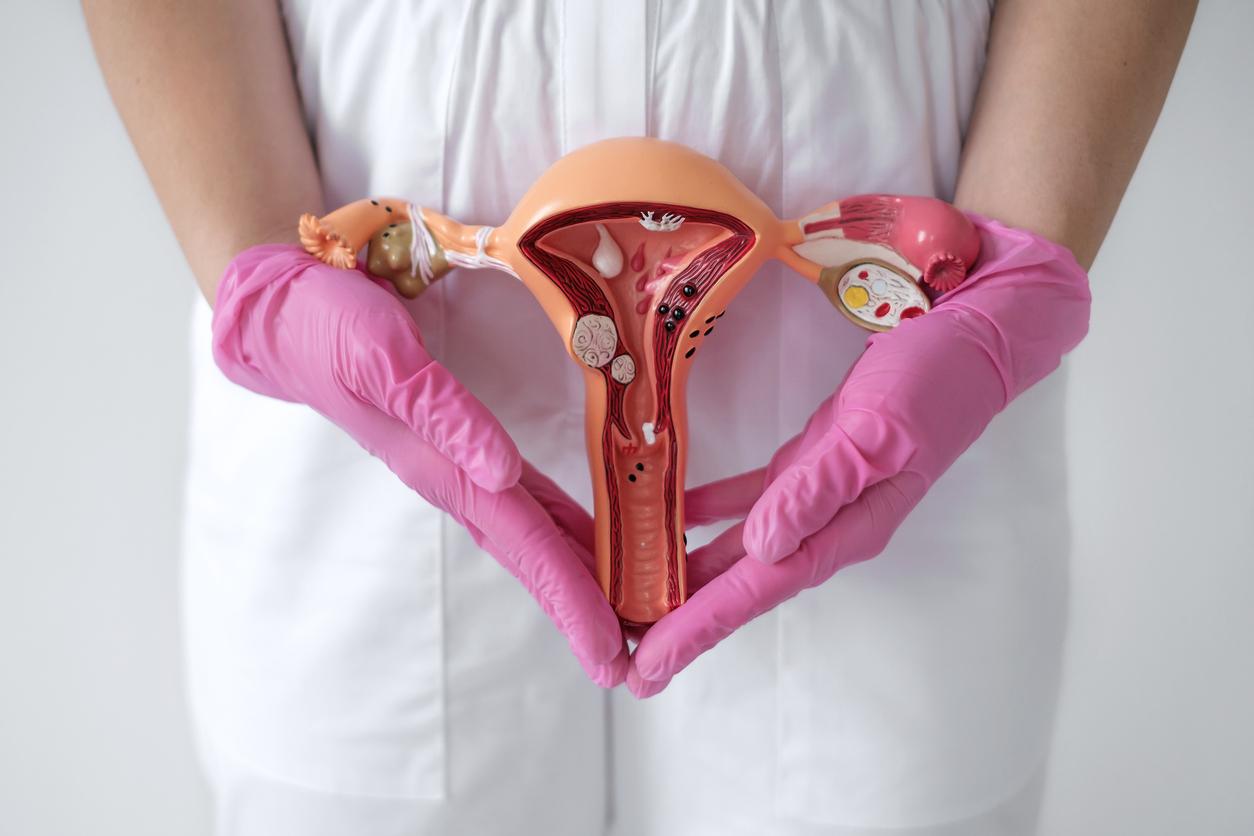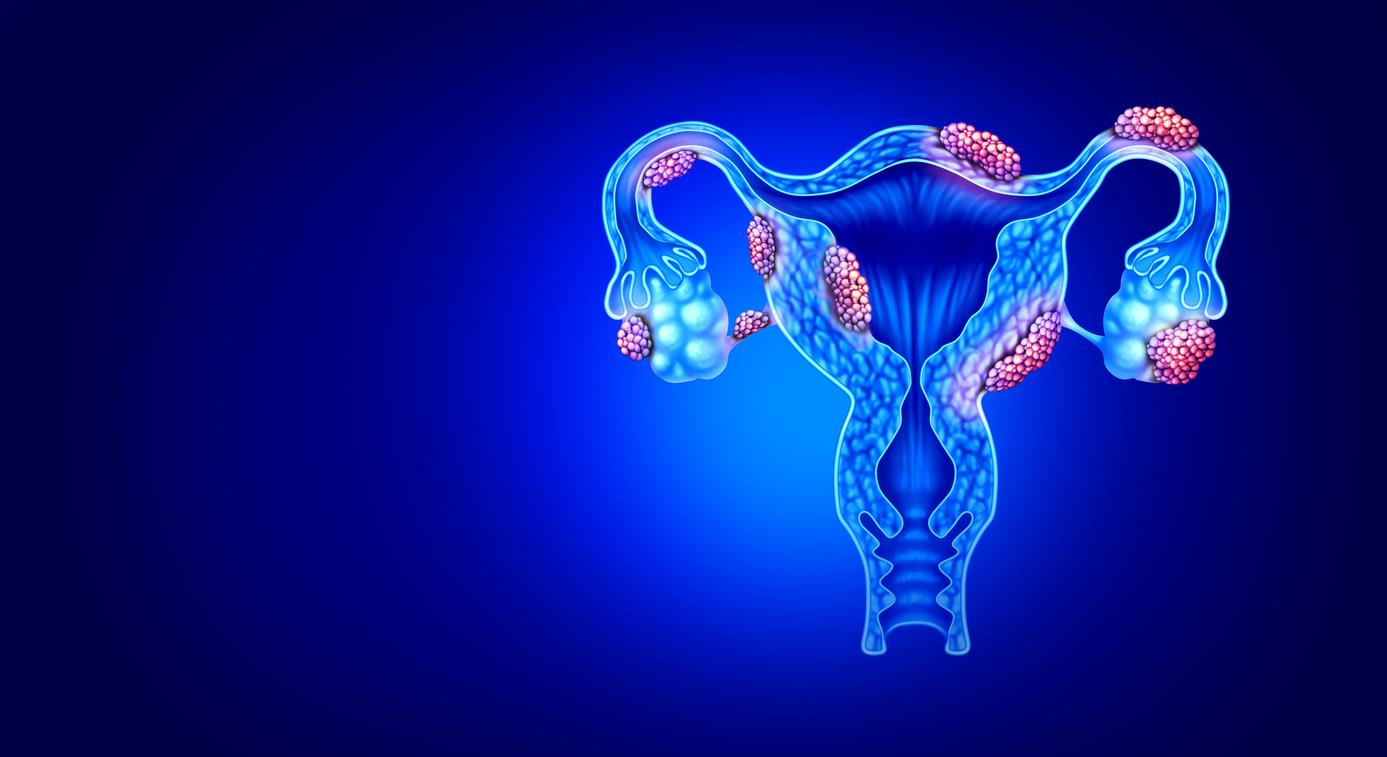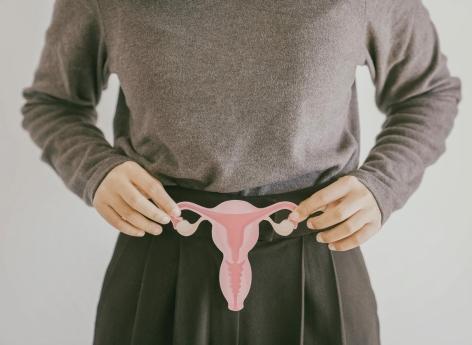More than three quarters of people with endometriosis say they suffer from pain during and after sex.

- Endometriosis is linked by the presence of endometrial cells, outside of it.
- There are three types of endometriosis: superficial, ovarian and deep.
- All are manifested first by severe pain at the time of menstruation.
At least one in ten people suffer from endometriosis. But this figure could be higher given the slowness of the diagnosis: generally, seven years pass between the first symptoms and the care. Yasmine Candau, president of the association EndoFrance, recalls that the symptoms of the disease are multiple: many people suffer in particular from dyspareunia, the pain during sexual intercourse with penetration. “These diseases and their consequences should not be considered “taboo”, she says. With My S Life, a support platform for women’s sexual health, the association conducted a investigation on the consequences of the disease on the intimate life of those affected. A total of 384 people, aged 18 to over 55, were interviewed via questionnaires sent by email between September and October 2021.
Frequent disorders
Dyspareunia is one of the main symptoms of endometriosis. In this study, 87% of people questioned say they suffer from pain during and after intercourse. The disease has other impacts on sexual life: it can generate anxieties related to the report and vaginismus, involuntary contraction of the muscles of the vagina which prevents penetration. In addition, 11% of women reported suffering from other disorders: such as significant blood loss, a decrease or even absence of libido, a lack of pleasure, repeated fungal infections after intercourse or even vaginal dryness that can go as far as ‘at the crack. “I think that my lack of affective and sexual life is very much linked to this disease”, says one of the interviewees. Because the disease also has more global consequences: nearly 85% of the sample believes that endometriosis has consequences on their emotional life.
What support by the medical teams?
According to the responses collected by My S Life and EndoFrance, one out of two people has not been questioned about their sexuality by the health professionals they have consulted. When exchanges take place, they are often limited. “We focus on the desire for children and the pain”explains one of the respondents, “the question was simply to know if there was pain during intercourse but not to find solutions“, continues another. However, the testimonials reflect a need for support. Only 23.2% of people say that their healthcare team has provided them with useful advice, including: the use of a good quality lubricating product , consultation with specialists (sex therapist, midwife, physiotherapist, etc.), a change in treatment, etc. To improve their sex life, the people questioned turn to their partner. 64.1% consider that exchanges with their partner has beneficial effects on their sexuality.”Communication is the best cure for endometriosis“, says one of them. “Couples break up, but others solidify in the face of the testadds Yasmine Candau. Endometriosis, adenomyosis, force us to reinvent sexuality in order to live our intimacy as well as possible despite the disease.“
My S Life – EndoFrance study carried out by online questionnaire from September 21 to October 13, 2021 with a sample of 384 people with endometriosis aged 18 and over.

.















